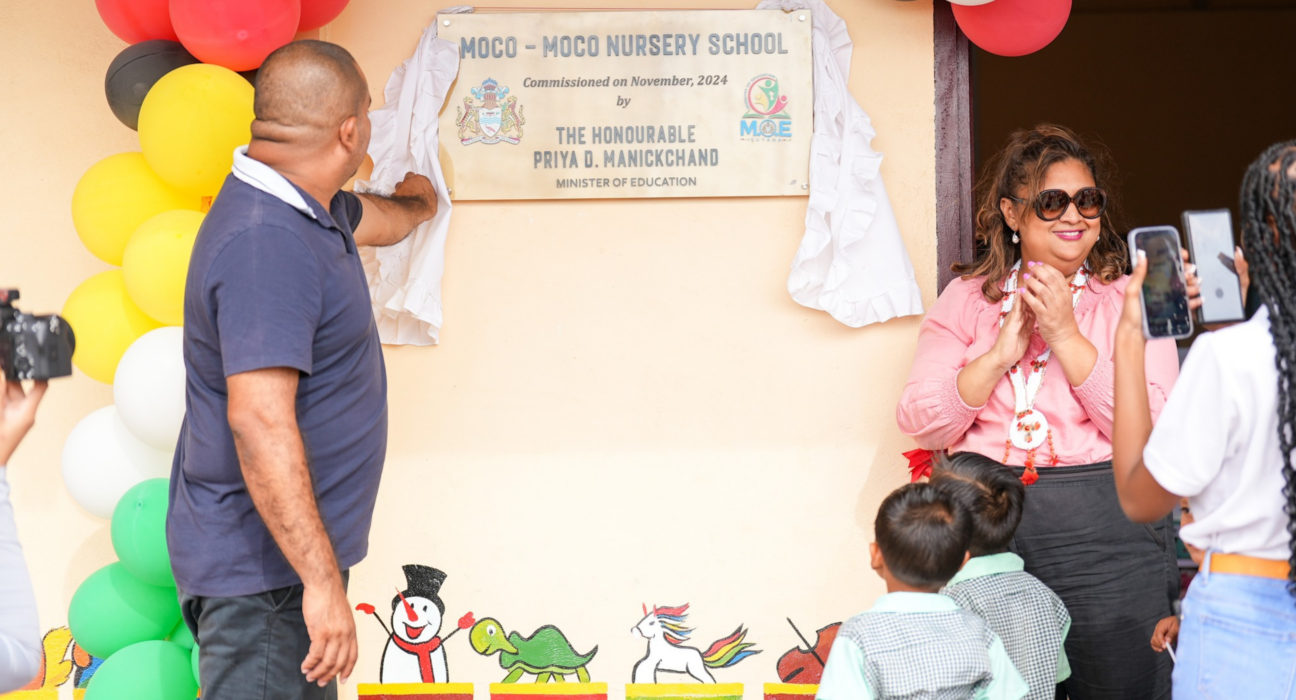This week, the Ministry of Human Services and Social Security has been able to present the kind of ‘feel good’ news that is so scarce today. Not only has the ministry quietly begun its ‘Mission Child Protection’ campaign, but also in just three days of starting it, officers had managed to rescue 37 children from the streets. Of course, rescuing them is just the beginning of the uphill task ahead, which ultimately, one hopes, would see them never returning to the streets. However, having read the plan as outlined by Minister Priya Manickchand and her officers in a report in this newspaper on Tuesday, one gets the good feeling that they have considered this and there is a plan B.
‘Mission Child Protection’, much like the operation that had seen the same ministry under Ms Manickchand’s predecessor undertake to get aged street people into the Night Shelter, involves officers trawling the areas where street children are known to be. The officers were able to pick up 37 children ranging in ages from four years old to 15 years old, with no resistance from any of them, and take them to a home, which had previously been set up specifically for this purpose. This speaks volumes. The first thing that is obvious is that these children wanted to be rescued, and this shatters the common perception about street children. It also bodes well for the success of the programme, notwithstanding the fact that once they are taken off the streets, parents and guardians must also take some responsibility for keeping their children off the streets. The second observation is the stark reality of just how vulnerable these children really are.
This brings to mind something else the minister raised at her press conference. She reported that two parents had gone on television and protested that their children were being removed from the streets because of Cricket World Cup (CWC). Could it get any worse? Can these parents say why their children were on the streets in the first place, since they obviously have such caring parents? Shame on them. Parents who knowingly expose their children to the evils of living and begging and roaming the streets daily should be arrested.
Ms Manickchand then went on to say that some of her officers had warned that ‘Mission Child Protection’ might be misconstrued as an effort to get the children off the streets before the expected CWC visitors began to arrive and had suggested putting it on hold. The minister quite rightfully overruled this. The important thing about protecting children is not about waiting for the right time to start. In fact, the right time is as soon as they are born and failing that as soon as possible after, because the older children are, the more difficult it is to reach them. The crucial thing about ‘Mission Child Protection’ is not when it started but that it continues.
And it must continue. Poverty, lack of pride, poor values and perhaps avarice, among other things, force children out onto the streets and keep them there. Since there is no indication that any of these are going away anytime soon, ‘Mission Child Protection’ must become ‘Mission Possible’ and for as long as it takes.
The street children phenomenon is a fairly new one. Older folks will remember the days when there was no such thing as street children. People were poor, yes, but their pride prevented them from sending their children out to beg, or taking them out with them with the aim of evoking pity in a potential donor. Or perhaps, it was because in those days the wealthy were more unobtrusive; there was no blatant flaunting of money as is seen today among the nouveau riche. Whichever it is, this new initiative is one that Guyana has desperately needed for some time now. The ministry has wisely increased its staff as it will need to continue to monitor the children who have been returned to their parents and it has said that the parents will receive counselling and financial assistance where necessary. ‘Mission Child Protection’ is by no means an easy road, there are countless bends and twists that will no doubt begin to reveal themselves as the journey continues and those manning the programme must be well prepared for this. However, it will also bring rewards, the highest of which will be that it changes children’s lives.
SOURCE: https://www.stabroeknews.com/2007/news/stories/03/17/mission-possible/



